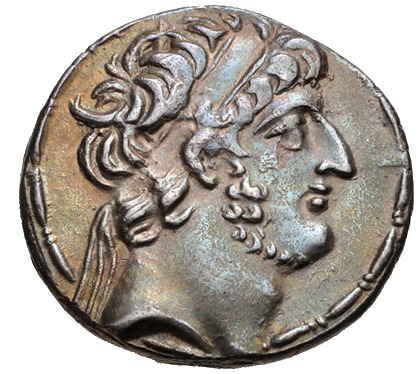All Souls (TV series)
 All Souls (TV series).
All Souls (TV series).All Souls is an American paranormal hospital drama television series created by Stuart Gillard and Stephen Tolkin and inspired by Lars von Trier's miniseries The Kingdom. It originally aired for a six-episode season on UPN in 2001. The series follows the medical staff of the haunted teaching hospital All Souls. While working as a medical intern, Dr. Mitchell Grace, portrayed by Grayson McCouch (pictured), discovers that the doctors are running unethical experiments on their patients. Filming took place in Montreal, Canada, in a working psychiatric hospital. All Souls had low viewership, and has not been released on home video or through streaming services. Critical response was primarily positive; commentators praised its use of horror and paranormal elements. Critics had mixed reviews for the show's content and style when compared to other horror and science-fiction television series, such as The X-Files and the work of American writer Stephen King.








